Search
Remove Ads
Advertisement
Summary 
Loading AI-generated summary based on World History Encyclopedia articles ...
Search Results
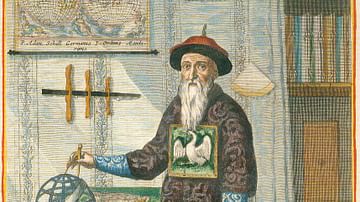
Article
Jesuit Influence on Post-medieval Chinese Astronomy
Ancient China had seen little Western contact before the 16th century CE, the language, culture and science all being allowed to develop independently of foreign influence. By the time European Jesuit missionaries arrived in the 16th century...
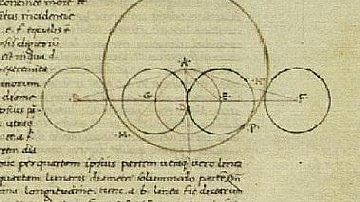
Definition
Greek Astronomy
Ancient Greek astronomy was the study of the universe to understand how it functioned and why apart from the established theistic model that claimed all things were ordered and maintained by the gods. Ancient Greek astronomers relied on observation...
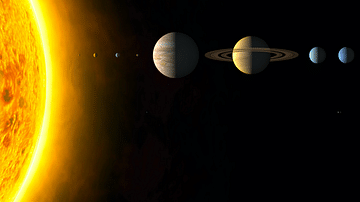
Article
Astronomy in the Scientific Revolution
The astronomers of the Scientific Revolution rejected long-held theories of ancient thinkers like Claudius Ptolemy and Aristotle and instead set out to systematically observe the heavens in order to create a model of the universe that fit...

Definition
Indian Princely States
The Indian Princely states (aka Native States or Princely India) were those states in the Indian subcontinent the British did not conquer but which were typically bound by treaty first to the East India Company and then to the British Crown...
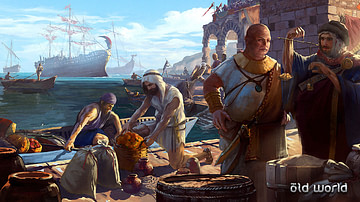
Article
Indian Ocean Trade before the European Conquest
Finding a maritime route to the East and gaining access to the lucrative spice trade stood at the root of the European Age of Exploration. However, when Vasco da Gama rounded the Cape of Good Hope and reached the Indian Ocean in 1493, he...
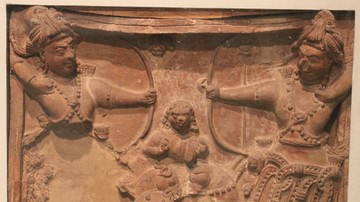
Definition
Ancient Indian Warfare
War was the chief means by which territory was annexed or rulers defeated in ancient India, which was divided into multiple kingdoms, republics and empires. Often one empire predominated or different empires co-existed. The Vedic literature...
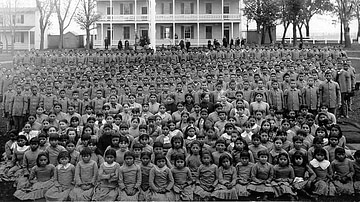
Article
Buffalo and Eagle Wing & The American Indian Boarding School
Buffalo and Eagle Wing is a legend of the Plains Indians culture of North America, which is part origin myth and part cautionary tale on the importance of keeping one's promises. Although scholars agree on the general provenance of the tale...
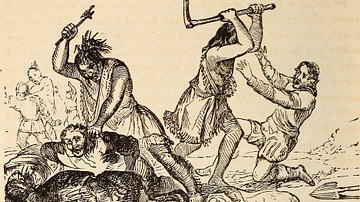
Definition
Indian Massacre of 1622
The Indian Massacre of 1622 was an attack on the settlements of the Virginia Colony by the tribes of the Powhatan Confederacy under their leader Opchanacanough (l. 1554-1646) and his brother Opitchapam (d. c. 1630) resulting in the deaths...
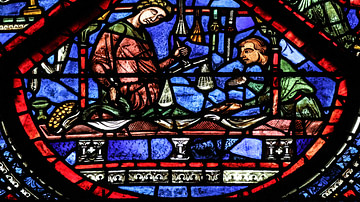
Article
Eyes on the East: Chronicles of the Indian Ocean Spice Trade
As the 15th century ended, Europeans were still mostly in the dark about the Eastern world. Early travelers like Marco Polo had given the West tidbits of information, but these accounts were too highly colored and fragmentary to provide a...

Video
The History of Astronomy in the Ancient World
The history of astronomy in the Ancient World can be traced back thousands of years, and well before the Ancient Greek philosophers famously worked on it. It is generally agreed that the discipline of astronomy began in the region of Mesopotamia...